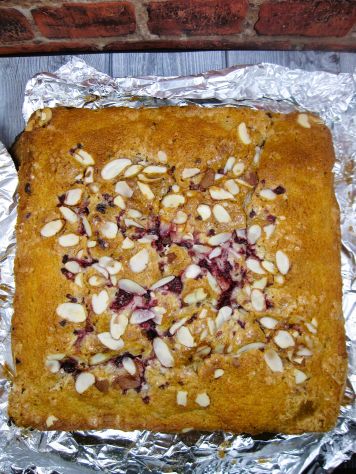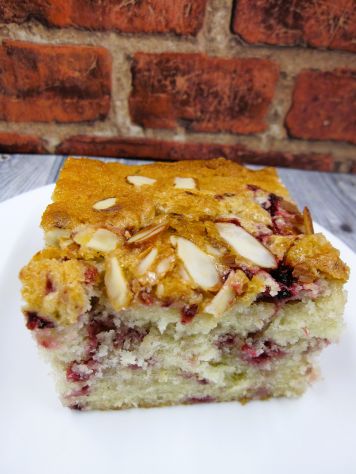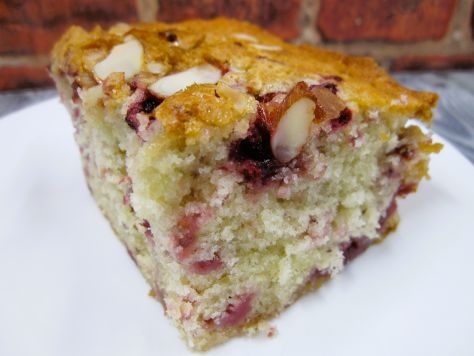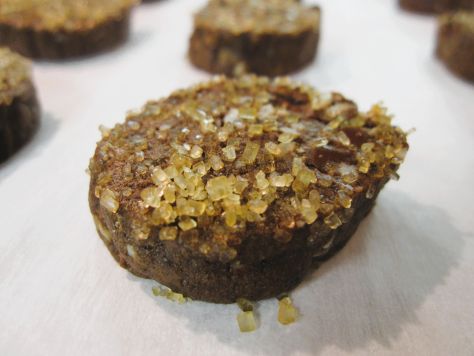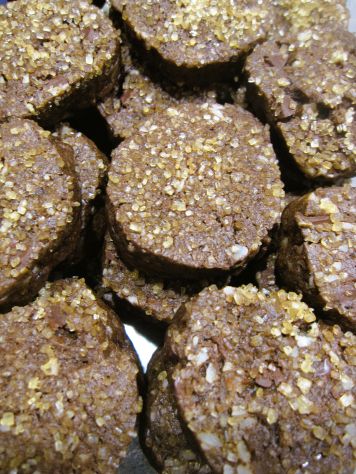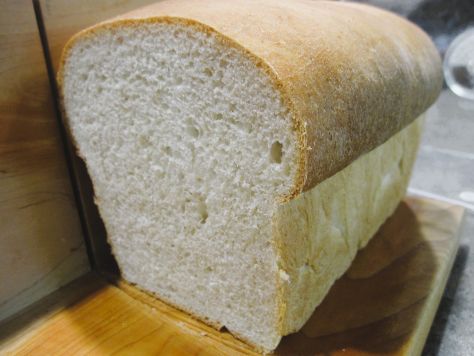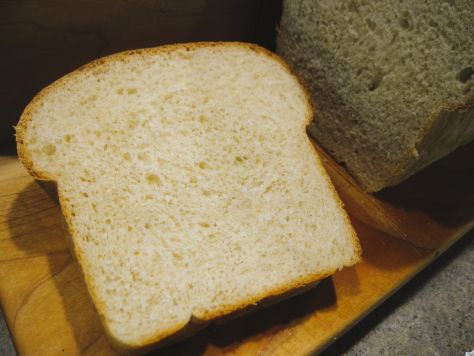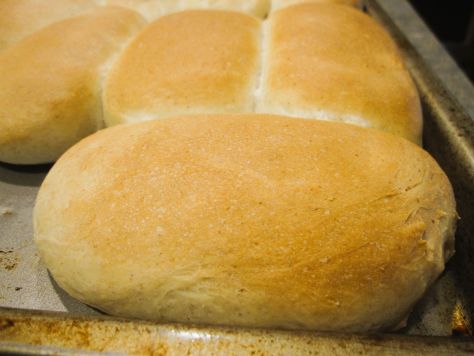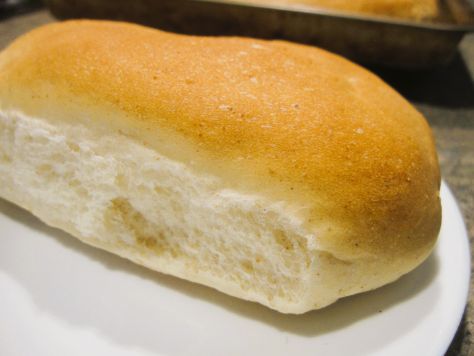Bready or Not Original: Raspberry-Almond Snack Cake
This Raspberry-Almond Snack Cake is a delicious treat. It’s great for everything from breakfast to snack to dessert.
What I like about it is that it’s packable. This is not a fragile coffee cake. Encase this in plastic wrap or stick it in a sandwich bag, and it’s a dense homemade treat-to-go.
This is also a good cake to bake, cool, slice up, and freeze some for later. It keeps for weeks like that, and is fast to thaw later on.
Bready or Not Original: Raspberry-Almond Snack Cake
Equipment
- 9×9 pan
- aluminum foil
- nonstick spray
- food scale
Ingredients
Cake
- 300 grams frozen raspberries
- 3/4 cup unsalted butter (1 1/2 sticks) softened
- 1 3/4 cups white sugar
- 3 large eggs room temperature
- 1/2 teaspoon vanilla extract or vanilla bean paste
- 1/4 teaspoon almond extract
- 2 1/4 cups all-purpose flour
- 1/4 cup corn starch
- 1 1/2 teaspoons baking powder
- 1 teaspoon kosher salt
- 1/4 teaspoon baking soda
- 1/2 cup milk or half & half
- 1/2 cup Greek vanilla yogurt or sour cream
Topping
- 2 Tablespoons turbinado sugar
- 1/4 cup sliced almonds
Instructions
- Preheat oven at 375 degrees. Press foil into a 9×9 pan. Apply nonstick spray.
- Weigh out the 300 grams of raspberries. Use kitchen shears or a knife to gently shatter the berries into smaller pieces. Place back in freezer as the recipe is assembled.
- In a mixing bowl, beat together the butter and sugar until they are fluffy. Add the eggs one at a time, followed by both the extracts.
- In a separate bowl, stir together the flour, corn starch, baking powder, kosher salt, and baking soda. In another bowl, combine the milk and the yogurt.
- Take turns adding the dry ingredients and the milk mix in the big mixing bowl with the butter. Scrape the bottom of the bowl to make certain everything is combined. Gently fold in the frozen raspberries.
- Spread the batter in the prepared pan and even out. Sprinkle the turbinado sugar over the top, followed by the sliced almonds. Gently press in.
- Bake for 15 minutes, then reduce the oven temperature to 350. Continue baking for an additional 45 to 55 minutes. (Note that the bake time is longer because of the moisture in the frozen berries. If you’re using fresh instead, the bake time will likely be reduced, so monitor closely.) The middle should pass the toothpick test.
- Let cool in pan for 10 minutes. Use the foil to lift the cake onto a rack to fully cool.
- Store in an airtight container or bag in the fridge or at room temperature for up to 3 days. This is also a great cake to freeze in slices.
OM NOM NOM!
4th Street Fantasy 2025
I’ll be at 4th Street Fantasy in Minneapolis this weekend! I’ll be around Friday through Sunday morning. I have one panel, too, the first of the con at 4pm Friday: “Fear, Loathing and Transcendence on the Great American Road Trip.”
Catch me early on, and you can get an individually-wrapped Chewy Honey Maple Cookie and earn one of my prized “I Ate Beth Cato’s Cookies!” badge stickers.
Oh, and check the freebie ebook table on occasion. You might find something special.

Bready or Not Original: Chocolate-Hazelnut Sables
These Chocolate-Hazelnut Sables are a fancy kind of shortbread, perfect to pair with some coffee or tea!
The chocolate flavor here is pleasant and deep thanks to the pairing of cocoa powder and mini chocolate chips. The hazelnuts provides a welcome sporadic crunch.
The hazelnuts will need to have their brown papery skin removed for the recipe. Look at the end of the cookie directions for instructions on how to do that! It’s a fiddly, time-consuming thing, but it’s not hard, but do be careful with the fizzing-hot baking soda.
Bready or Not Original: Chocolate-Hazelnut Sables
Equipment
- food processor
- plastic wrap
- food scale
- parchment paper
- knife or bench knife
Ingredients
- 1/2 cup blanched hazelnuts see note for blanching advice
- 3 oz mini semisweet chocolate chips
- 1 1/3 cups all-purpose flour
- 1/3 cup unsweetened cocoa powder sifted
- 1/4 teaspoon baking soda
- 1/4 teaspoon salt
- 1/2 cup unsalted butter (1 stick) room temperature
- 1/4 cup white sugar
- 1/4 cup brown sugar packed
- 1 large egg
- 1/2 teaspoon vanilla extract
- 1/4 cup turbinado sugar for topping
Instructions
- Use the food processor to finely chop the hazelnuts. Transfer them to a bowl with the mini chocolate chips.
- In another bowl, stir together the flour, cocoa, baking soda, and salt. Set aside.
- In a mixing bowl, beat together the butter and white and brown sugars until they are light and fluffy. Add the egg and vanilla. Gradually mix in the dry ingredients, scraping the bottom of the bowl a few times. Fold in the hazelnuts and chocolate.
- Divide the dough between two long sheets of plastic wrap. Form the dough into logs, then encase in plastic, rolling to smooth out. Each should be about 1 inch high and 9 inches long.
- Wrap airtight and chill for at least an hour, or freeze for upwards of a month; thaw later in fridge.
- When it is baking time, preheat the oven at 350. Lay parchment paper on baking pan. Place turbinado sugar in a saucer.
- Use a knife or bench knife to slice logs about 1/4-inch thick. Press the top of each cookie into the turbinado sugar, then set spaced out on parchment.
- Bake for about 14 minutes. Let set for 5 minutes, then move to a cooling rack. Store in a sealed container at room temperature.
OM NOM NOM!
Notes
Bready or Not Original: Soft Sourdough Loaf or Bratwurst Buns mixed in a bread machine
Today’s Bready or Not features two variations on the same ingredients: a Soft Sourdough Loaf baked in a pan or Soft Sourdough Bratwurst Buns.
This recipe is written for use in a bread machine, for maximum physical and time accessibility, but it can absolutely be made by hand or with a stand mixer.
The recipe includes two leaveners, which means it is done in hours rather than all day or over multiple days, as is usually the case with sourdough. The sourdough flavor still comes through beautifully.
This loaf is ideal for sandwiches or garlic bread. The buns, made by dividing the dough into eighths, are the perfect size for a bratwurst or other large sausage. Yes, it takes practice to get the shaping right by hand. The important thing is to remember to make the top look smooth and nice, and hide the messy seams underneath.
This bread will keep in a sealed, room temperature bag for up to 3 days, and it is fantastic to freeze for later.
By the way, I baked up sourdough recipes like this one because I have maintained a starter for book research reasons: my next release, A House Between Sea and Sky, features a sourdough starter named Mother as an important character. Find out more (and preorder) here!
Bready or Not Original: Soft Sourdough Loaf mixed in a bread machine
Equipment
- digital thermometer
- kitchen scale
- bread machine
- loaf pan
- nonstick spray
- aluminum foil
- pastry brush
Ingredients
Dough
- 3/4 cup active sourdough starter room temperature (about 170 to 190 grams)
- 1/3 cup lukewarm milk or half & half (about 100-110 degrees)
- 1 large egg
- 3 Tablespoons melted butter
- 2 Tablespoons white sugar
- 1 1/2 teaspoons sea salt
- 3 cups white bread flour plus more for surface
- 1 1/2 teaspoons instant dry yeast
Topping
- softened butter to brush on loaf at end
Instructions
- Add ingredients to the bread machine bucket in the order specified by the manufacturer; it is usually wet ingredients first. Set machine on Dough mode and begin. Monitor the dough as it begins mixing, adding a touch more milk if it is lumpy or flour if it is too loose. Dough should come together smoothly.
- After the cycle ends, apply nonstick spray to the loaf pan.
- Dump the dough onto a lightly floured surface. Shape, folding and tucking the dough to tighten what will become the top. Place dough in pan. Set in a warm place to rise, such as on a counter, a cabinet, or in an oven on proofing mode.
- After about 45 minutes to an hour, the dough should rise about 2 inches over the rim of the pan. If it is in the warm oven, remove from there. Preheat oven at 350 degrees.
- Bake bread about 20 minutes. Cover with shaped foil to prevent overbrowning. Continue to bake for about another 20 minutes. Bread should sound hollow when tapped, and if tested with a digital thermometer, over 190 degrees inside.
- Immediately tip loaf from pan, carefully setting upright on a cooling rack. Brush on the softened butter.
- Let cool for at least an hour before slicing. Bread will keep in a sealed bag at room temperature for up to 3 days, and can also be frozen for several months either whole or in slices.
OM NOM NOM!
Bready or Not Original: Soft Sourdough Bratwurst Buns
Equipment
- kitchen scale
- parchment paper
Ingredients
- 3/4 cup active sourdough starter room temperature (about 170-190 grams)
- 1/3 cup lukewarm milk or half & half (about 100-110 degrees)
- 1 large egg
- 3 Tablespoons melted butter
- 2 Tablespoons white sugar
- 1 1/2 teaspoons sea salt
- 3 cups white bread flour plus more for surface
- 1 1/2 teaspoons instant dry yeast
Instructions
- Add ingredients to the bread machine bucket in the order specified by the manufacturer; it is usually wet ingredients first. Set machine on Dough mode and begin. Monitor the dough as it begins mixing, adding a touch more milk if it is lumpy or flour if it is too loose. Dough should come together smoothly.
- After the cycle ends, prepare a sheet pan with parchment paper. Use a kitchen scale to divide the dough by 8.
- Shape each piece, folding and tucking the dough while elongating it, creating a tightened top. Place each bun slightly spaced out on pan; baker’s choice as to if they touch or not after rising. After all of the buns are shaped, place in a warm place to rise, such as on a counter, a cabinet, or in an oven on proofing mode.
- After about 45 minutes to 1 1/2 hours, the buns should look rounded and puffy. If pan is in the oven, remove from there. Preheat oven at 350 degrees.
- Bake bread about 21 to 25 minutes, until they are lightly browned. Bread should sound hollow when tapped, and if tested with a digital thermometer, over 190 degrees inside.
- Cool on pan or rack for at least an hour before eating. Slice bun from the side or top to insert the bratwurst and other toppings.
- Buns will keep in a sealed bag at room temperature for up to 3 days, and can also be frozen for several months.





